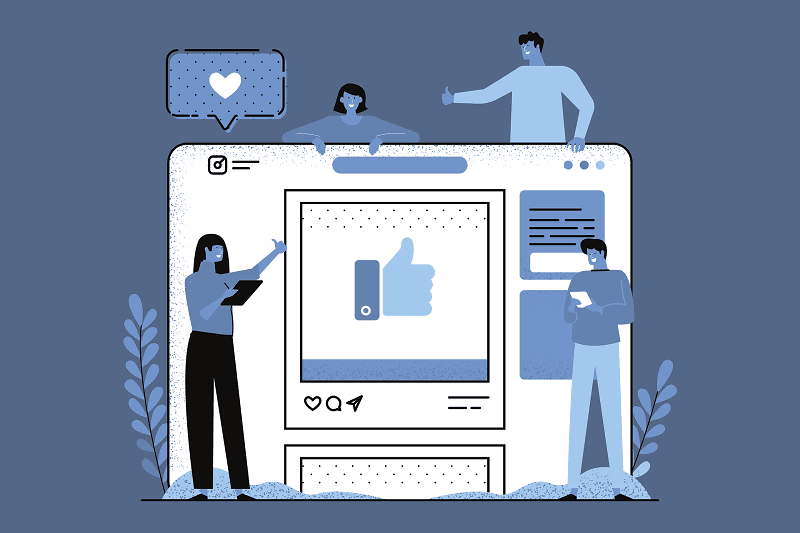
Digital marketing has come a long way in the past few years, with new technologies and platforms emerging every day. As we look to the future, there are several trends that are likely to shape the industry in the coming years. Here are some of the key things to expect in the future of digital marketing.






